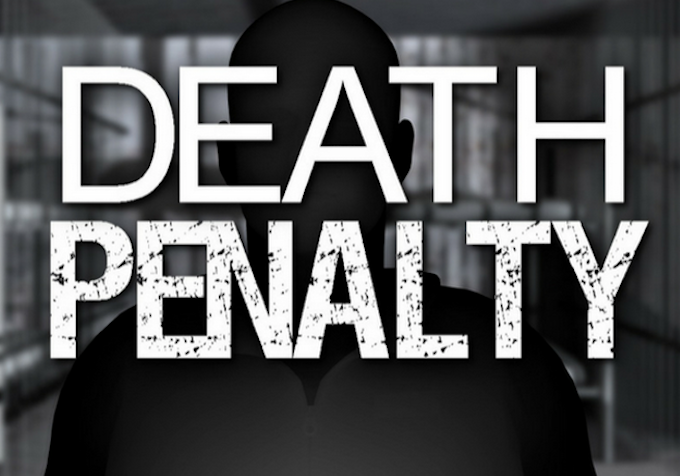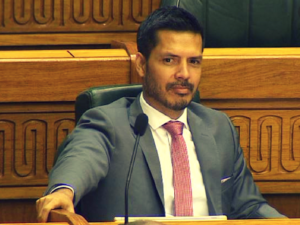
Asia Pacific Report newsdesk
Papua New Guinea’s death penalty Act of 1984 has been repealed by the National Parliament and all prisoners on death row have had their sentences commuted to life imprisonment.
With the new legislation, the penalty for acts of willful murder due to sorcery, aggravated rape, robbery with violence, treason, piracy and willful murder all will face life imprisonment without parole, or parole after 30 years, after the death penalty provisions were repealed yesterday.
These were among 11 Bills passed by the National Parliament over the past two days before rising and adjourning to February 22.
- READ MORE: After nearly 70 years, the death penalty again becomes a real prospect in Papua New Guinea
- Other reports on the PNG death sentence

Six of these Bills were presented by Justice Minister Bryan Kramer, who proposed amendments to some of the laws to capture the current needs. They include amendments to the Criminal Code Acts to repeal the death penalty Act 1984.
Kramer said 14 prisoners (including two who have escaped from prison) were put on death row by the courts but remained in custody for a long time because the state failed to put the administrative mechanism and infrastructure in place to implement the death penalty.
He said there were nine other prisoners who were sentenced to death since the reintroduction of the death penalty into the criminal justice system in 1991 but some of them have died awaiting execution while others have appealed or reviewed their sentences at the Supreme Court.
He said one of the inabilities to implement the death penalty is the lack of necessary administrative mechanisms and infrastructures in place to carry out the executions.
Difficult to implement
“This was largely attributed to the difficulty presented by a single method of implementation and administration of the death penalty in the past, which was to be done by hanging,” Kramer said.
“It was in view of this that the government amended Section 614 of the Criminal Code Act, which was intended to give greater flexibility and capability to enable the state to implement the death penalty.
“It provided a range of methods of execution of the death penalty for the government to choose from depending on the government’s preparedness and availability of administrative mechanism and infrastructure suitable to that particular method of execution,” he said.
Kramer said that in 2013 the Chief Secretary put together a technical team comprising of officials from the relevant government agencies and the team went on a fact-finding tour of the United States, Thailand, Singapore, Malaysia and Indonesia. On their return, the team submitted a report titled: “Implementing the death penalty in PNG”.
He said the NEC endorsed and approved the guidelines for the implementation of the death penalty by lethal injection, firing squad and by hanging, but the government had not used any of these methods proposed.
He said according to the report it would be practically difficult to implement all three methods as they would require different protocols and equipment to be used effectively.
“As such, the government does not have the administrative mechanism and the infrastructure to implement the death penalty.
“Therefore, the Criminal Code Act was reviewed to amend all offences that have the penalty of death to be repealed and replaced with the penalty of life imprisonment with or without parole, or with eligibility for parole after 30 years,” he said.
Republished with permission from the PNG Post-Courier.











































